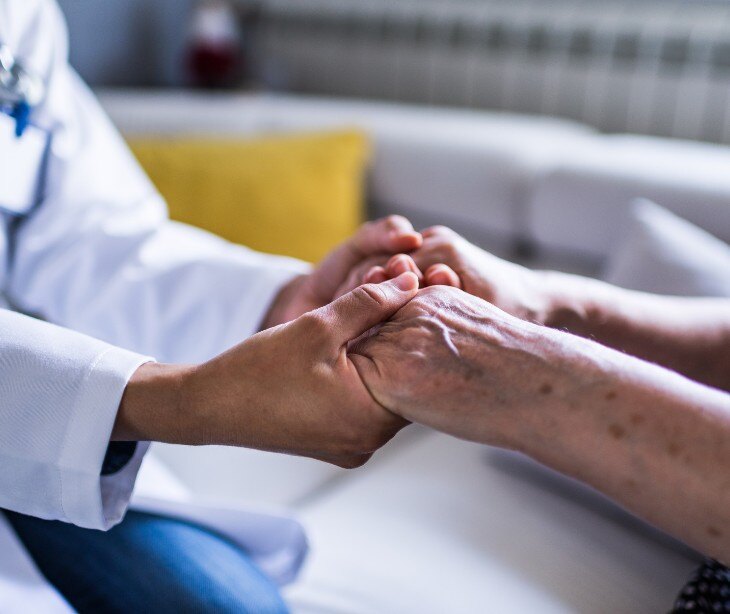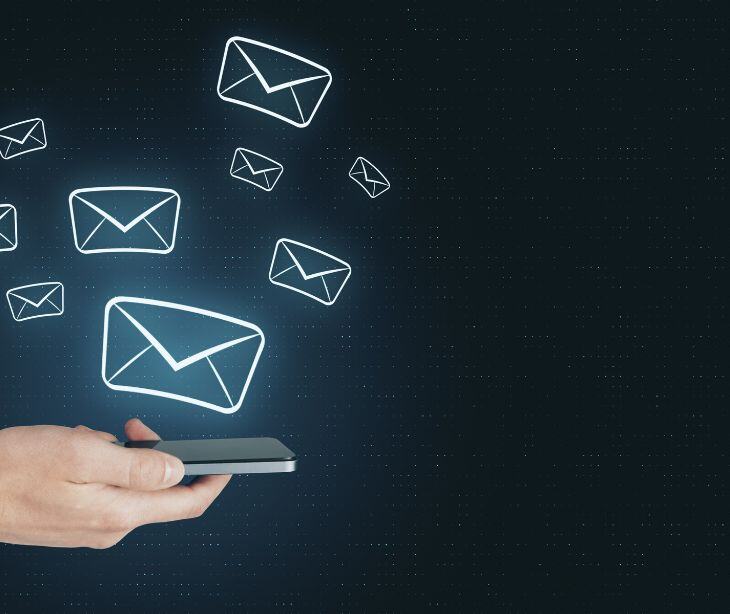2 min read
HIPAA compliant communication for community health workers (CHWs)
Liyanda Tembani
December 25, 2024

Community health workers (CHWs) can be HIPAA compliant by using the proper email and text messaging platforms designed to protect patient information. These workers should also follow the "minimum necessary rule" by only sharing essential PHI. They should obtain patient consent for electronic communications and receive ongoing HIPAA training to stay updated on privacy practices.
Community health workers and HIPAA compliance
Community Health Workers (CHWs) connect healthcare providers with local communities. They engage in outreach, education, advocacy, and direct services, working to reduce health disparities and improve community health outcomes.
For CHWs, maintaining HIPAA compliance protects patient privacy and ensures the confidentiality of protected health information (PHI). This upholds legal and ethical standards and promotes trust between CHWs and the communities they serve.
Read more: The role of community health workers
Protecting PHI in email
Protected health information includes any information about a patient's health status, treatment, or payment for healthcare that can be linked to an individual. This includes names, diagnoses, medical records, and more. The mishandling of PHI can result in unauthorized access, leading to privacy breaches and potential harm to patients.
Standard email services are not secure enough for transmitting PHI. Emails can be intercepted, leading to unauthorized access and potential HIPAA violations. There was a 24% increase in hacking and IT-related incidents observed in the third quarter of 2023. Many breaches occur due to emails being sent without proper encryption. For CHWs, using regular email for PHI is therefore risky and noncompliant.
Using encrypted email platforms for HIPAA compliance
CHWs should use HIPAA compliant email services designed for healthcare communication. These platforms protect PHI by encrypting data in transit and at rest, reducing the risk of interception and unauthorized access.
Related: Features to look for in a HIPAA compliant email service provider
Guidelines for CHWs on secure text messaging
Standard text messaging is inherently insecure and can easily be intercepted. When CHWs send texts containing PHI through regular messaging services, they risk violating HIPAA regulations.
HIPAA compliant text messaging apps designed for healthcare provide encryption and other security features, ensuring that PHI remains confidential. CHWs should adopt these platforms to maintain compliance and protect patient privacy.
Additionally, CHWs should obtain patient consent for text communications, minimize PHI in messages, and ensure secure retention and deletion of messages. Following these guidelines helps safeguard patient information and adhere to HIPAA standards.
Implementing the minimum necessary rule in communication
The minimum necessary rule requires that only the minimum amount of PHI needed to accomplish a task should be used or disclosed. This principle helps reduce the risk of unnecessary exposure of patient information.
The importance of training and awareness for CHWs
CHWs should undergo continuous education on HIPAA compliance. Training programs should cover areas like secure communication, PHI handling, and breach response, ensuring CHWs are well-equipped to protect patient information.
Developing and enforcing HIPAA policies and procedures
Organizations employing CHWs should develop comprehensive policies and procedures for handling PHI. These guidelines should outline protocols for accessing, storing, and transmitting PHI, and procedures for responding to breaches or unauthorized disclosures.
FAQs
Can CHWs communicate PHI via social media platforms?
No, sharing PHI on social media platforms is not HIPAA compliant. CHWs should refrain from discussing patient information on public platforms to ensure patient privacy.
Is it permissible for CHWs to access PHI for personal use?
Accessing PHI for personal use is a violation of HIPAA regulations. CHWs should only access PHI when necessary for their job duties and follow their organization's policies and procedures regarding PHI access.
Can CHWs use personal devices, such as smartphones or laptops, for work-related communication involving PHI?
While using personal devices for work-related communication may be convenient, CHWs should ensure that these devices are secure and comply with HIPAA regulations. This may involve installing encryption software, using strong passwords, and adhering to organizational policies regarding personal devices for work purposes.
Subscribe to Paubox Weekly
Every Friday we'll bring you the most important news from Paubox. Our aim is to make you smarter, faster.




